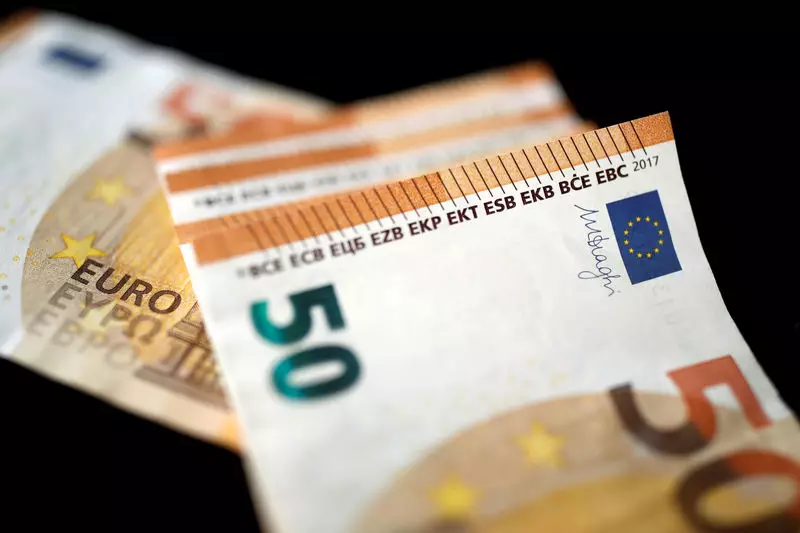The U.S. dollar has shown remarkable strength over the past ten years, a trend underpinned by various economic and political factors. However, Goldman Sachs strategists are now suggesting that the outcomes of the upcoming U.S. election could dramatically reshape this landscape. The implications of different electoral outcomes are causing currency traders to reassess their expectations and strategies.
Tariffs have emerged as a pivotal element in foreign exchange markets, influencing the strength of currencies across the globe. According to Goldman Sachs, the dollar may experience its most substantial impact in the event of a Republican sweep during the elections. This scenario is likely to be characterized by higher tariff implementations and tax cuts aimed at bolstering domestic industries. Such measures could bolster the dollar’s value, leading to a more aggressive rally in markets.
Conversely, a divided Republican government could temper the potential dollar rally, suggesting that divided governance may lead to more cautious economic measures. In scenarios where either a Democratic sweep or a split Democratic government occurs, market analysts anticipate initial downward pressure on the dollar as investors re-evaluate the potential for more significant changes in tariff policies.
Currency Sensitivities and Market Reactions
Several currencies are poised to respond acutely to the changing tariff landscape, particularly those closely connected to trade dynamics with China. The Mexican Peso, Chinese Yuan, South Korean Won, Euro, and Australian Dollar are all expected to experience movements that reflect market sentiments surrounding the U.S. election outcomes. For instance, Goldman Sachs projects that the Chinese Yuan could potentially weaken to around 7.40 if the U.S. increases tariffs under a Republican administration, a scenario that might cause the Euro to depreciate by 3% to as much as 10% in some circumstances.
When it comes to the Japanese Yen, its fate against the dollar remains uncertain; the currency faces conflicting economic pressures, rendering it less attractive for currency traders in the current context. Goldman Sachs conveys caution regarding these dynamics, emphasizing that historical analyses may not fully capture the immediate reactions of the currency market following policy changes.
Goldman Sachs advocates for a strategic approach with regard to currency trading, suggesting that investors adopt a more cautious stance on estimates derived from previous tariff-related experiences. The firm advises focusing on longer-dated trade expressions, particularly in the event of Republican victories, as they anticipate sharper impacts on valuations compared to scenarios under Democratic leadership.
Furthermore, while Goldman acknowledges the likelihood of gradual dollar depreciation from its peak in 2022, they warn investors to consider the potential for a resurgence driven by “U.S. exceptionalism.” The uncertainties arising from the international economic environment, particularly China’s stimulus measures, could present downside risks to the dollar’s outlook if they succeed in catalyzing global growth more forcefully than anticipated.
The path ahead for the U.S. dollar appears fraught with complexities dictated not only by domestic electoral outcomes but also by international economic conditions. As traders prepare for potential shifts, a nuanced understanding of how tariffs, political dynamics, and global stimuli interplay will be crucial for navigating the ever-evolving currency landscape. With the election looming, the stakes have never been higher for those invested in foreign exchange markets.


Leave a Reply